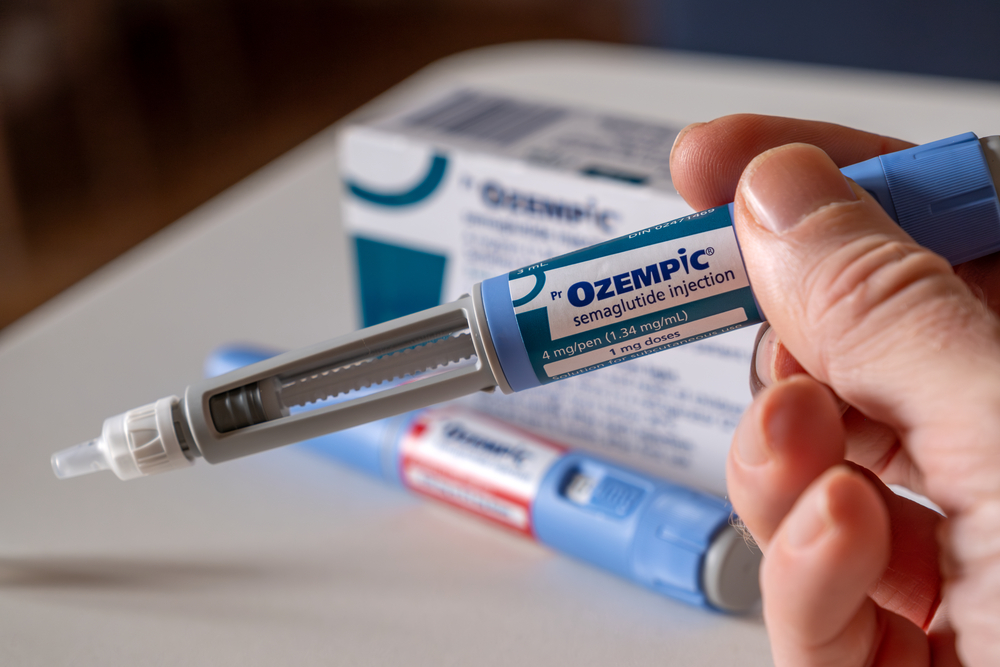A new preliminary study found that today’s youth is aging faster, which could explain the rise of cancer cases among the younger population, a trend that has been on the increase in the past years.
Revelations from the study
The study was conducted at Washington University School of Medicine in St. Louis. Researchers found a connection between accelerated aging and many types of cancer. Researcher Ruiyi Tian explained that cancers among younger people in the U.S. and worldwide are on the rise, so understanding the mechanisms can help earlier detection and improve prevention.
Cancers are commonly connected to age
Dr. Yin Cao, an associate professor of surgery at the Washington University School of Medicine in St. Louis who worked on the research, said that despite knowing that there are greater chances of falling ill with cancer as we age, the concept of biological age was previously untouched territory when it comes to this disease.
Inside the study
The researchers analyzed blood data for almost 149,000 people, ages 37 to 54, participating in the U.K. Biobank project. The team used a set of nine biomarkers found in blood to assess each person’s biological age, or what age a person seems to be based on their body condition.
The rise of specific cancers
For each single-unit increase in accelerated aging, researchers found an increased risk of 42% for early-onset lung cancer, 22% for early-onset gastrointestinal cancer, and 36% for early-onset uterine cancer.
The biomarkers used to determine biological age
The nine biomarkers included albumin, creatinine, glucose, mean cell volume, red cell distribution width, white blood cell counts, alkaline phosphatase, lymphocyte percent, and c-reactive protein. These were inserted into an algorithm called PhenoAge, which calculated one’s biological age.
Comparison to previous generations
Researchers deduced that people born in or after 1965 are 17% more likely to experience accelerated aging than those born between 1950 and 1954. If the findings were validated, interventions to slow biological aging could be a new route for cancer prevention.
The study has yet to be published
Researchers presented their findings at the American Association for Cancer Research meeting in San Diego, California. Studies shown at medical meetings are considered preliminary until published in a peer-reviewed publication.
The rise of cancer in youth
Based on global data, the number of early-onset cancer cases will increase by around 30% by 2030. In the United States, colorectal cancer, common for over 60 males, is the leading cause of cancer death among men under 50.
Despite this, cancer deaths have decreased
a 2024 American Cancer Society (ACS) report found that cancer deaths have decreased in the United States over the last three decades. The reason is that many cancers are being caught in the early stages. Yet a worldwide study found that cancer rates across the globe have dramatically increased in people under the age of 50 since 1990.
The next step is determining what causes advanced aging
The researchers also noted that they would try to determine why younger adults age faster and how that increases their cancer risk. Northwestern Medicine discussed biological age in the 2022 study.
Biological vs. chronicle age
Biological age represents the age of your cells. The Northwestern Medicine study analyzed the decline of longevity since 2000 and examined age-related diseases.
Common age-related illnesses
The researchers connected numerous diseases to natural aging, including chronic bronchitis, diabetes, cancer, dementia, Alzheimer’s, and more. Douglas E. Vaughan, MD, said that most people will experience age-related diseases.






